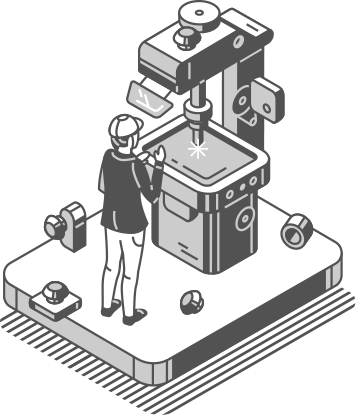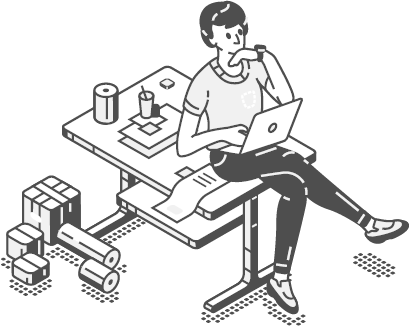The innovative treatment, developed by the startup InnoUp Farma—an affiliated member of Navarra Health Cluster—uses nanotechnology to activate immune-system mechanisms in allergic patients that promote tolerance to peanut proteins, offering a safe and effective alternative for this condition. Peanut allergy is currently regarded as one of the most serious and common allergies in Europe.
The Clínica Universidad de Navarra (CUN) and the Hospital Universitario de Navarra (HUN) are conducting the clinical trial of the vaccine developed by InnoUp Farma, which comprises three phases. The research team is still recruiting new participants following the Spanish Agency of Medicines and Medical Devices’ approval of Phase II. To date, 49 patients are enrolled in the trial, which also involves the Spanish Association of People with Food and Latex Allergies (AEPNAA).
According to the Spanish Agency for Food Safety and Nutrition (AESAN), peanuts are among the foods causing the most severe allergic reactions and are one of the leading causes of food-induced anaphylaxis, which can be fatal. In Spain, over 200,000 people suffer from this allergy, and across Europe it is estimated to affect more than 11 million individuals. As peanuts are increasingly used as an ingredient or seasoning in processed foods, exposure—especially among children—has risen.
During Phase I of the clinical trial, the oral vaccine INP20 was administered to participants with very promising results. There is currently no approved treatment for food allergies, a condition affecting over 220 million people worldwide and the primary cause of anaphylaxis-related deaths among adolescents. “This represents a major breakthrough in the management of food allergies. This vaccine aims not merely to reduce symptoms, but to reprogramme the patient’s immune response at its root. If the results are confirmed, it will mark a turning point in treatment,” said Dr Marta Ferrer, a specialist in the Department of Allergology at CUN. Alongside Dr Ana Tabar, allergist and principal investigator at HUN, she leads the clinical trial.
This next-generation treatment, developed using InnoUp Farma’s patented nanotechnology, is specifically designed to target the immune-system cells and modulate their activation. “The key is to re-educate the patient’s immune system so that it no longer recognises peanut proteins as a threat and can tolerate them without triggering an allergic reaction,” explained Maite Agüeros, the company’s CEO and a Doctor of Pharmacy.
Nanotechnology in medicine aims to optimise the action of drugs and active molecules that on their own cannot achieve their full effect. InnoUp Farma encapsulates a peanut extract containing all its allergenic proteins within approximately 200 nm nanoparticles, masking the allergen’s effect so that the immune system perceives it as non-aggressive.
The formulation is administered orally, and the bioadhesive nanoparticles adhere to the intestinal mucosa, interacting specifically with immune-system cells in the gut. There, they induce markers that generate an immune response via blocking antibodies capable of halting the allergic reaction, thereby fostering tolerance to the allergen. Daily administration of the vaccine over several months is expected to provide prolonged protection. Once the treatment is complete, the nanoparticles’ mechanism of action will continue to confer long-term immunity.
Success with INP20 will not only offer a solution for peanut allergy but also pave the way for new treatments against other food allergies. “Participating in this trial is a real opportunity that will deliver a future with more therapeutic options for millions of people. Our goal is to provide a non-invasive treatment that not only protects against severe reactions but also allows patients to live with greater freedom and peace of mind,” said Dr Tabar, urging more peanut-allergic individuals to join the study now entering Phase II.
A BIOMEDICAL INDUSTRY BENCHMARK
The Navarrese biomedical sector currently employs 31,508 people in the Chartered Community. Most work in health services (27,981), but there are also 2,465 jobs in the healthcare industry and 1,065 researchers. In one of our recent reports we detailed the growth and the increasing strength of this sector in its drive to become a European reference. Read more here.
Source: Diario de Navarra




